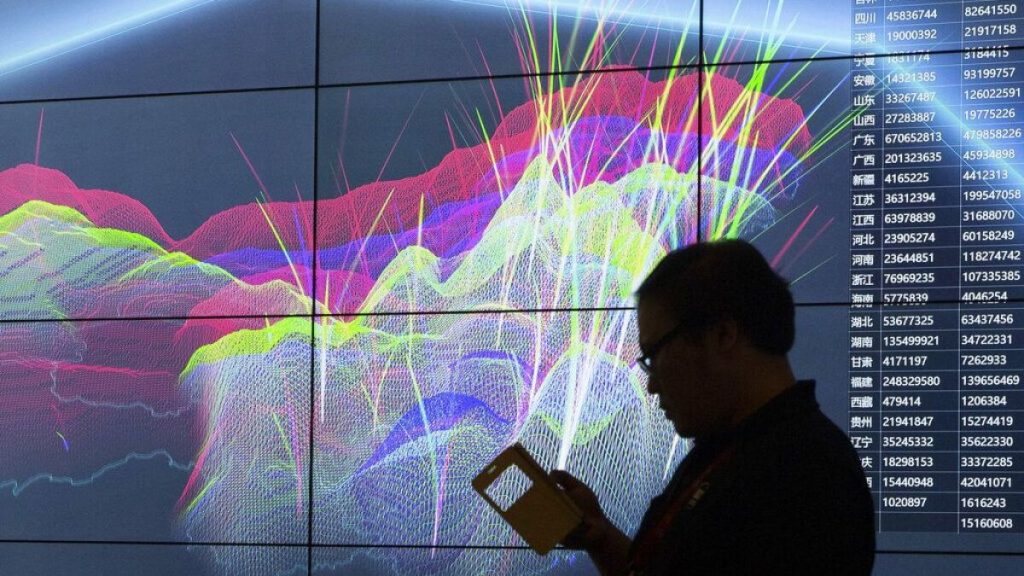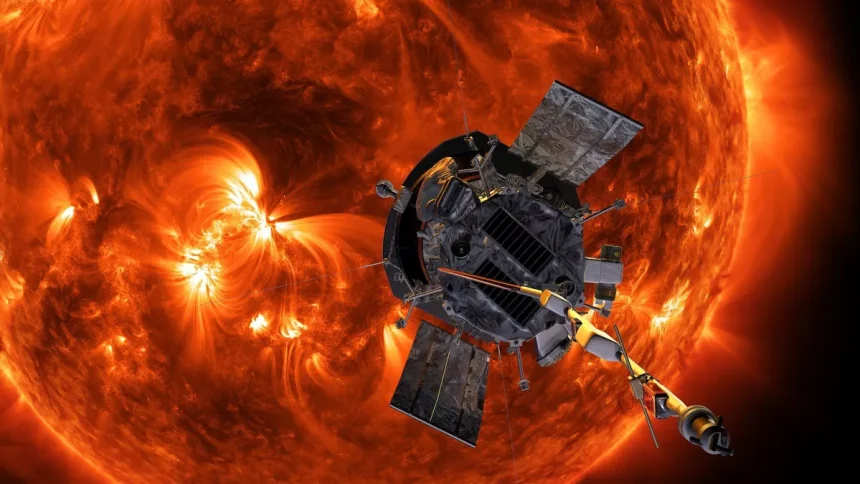According to researcher Sangeetha Abdu Jyothi, a mega solar storm might cause global, long-lasting damage to the internet infrastructure at astronomical expense. According to a recent report, failing to prepare the infrastructure for upcoming solar storms. It could result in a severe disruption of global communications.
If the researcher is right, an unanticipated solar catastrophe might bring about what she has nicknamed an “internet apocalypse.” Which would have untold consequences and costs. ‘Solar superstorms: prepping for an Internet catastrophe‘ was the title of the paper that was presented. An extended and worldwide outage would be quite expensive.

The study concentrated on solar storms is referred to as coronal mass ejections (CMEs). By examining the dispersion of internet infrastructure, population data, and the durability of infrastructure. She determined the potential results of a direct solar storm hit.
- Advertisement -
What is the likelihood of an internet apocalypse?
Although there was a close call in July 2012, a CME has never struck the Earth when int. infrastructure was operational, making it difficult to understand the possibility and real effects of these solar storms. The event would need to strike the Earth directly.

According to estimates, 20–40 million people would experience power outages for up to two years in the US if a Carrington-scale event occurred now. It would cost between $600 billion and $2.6 trillion to do this. Even without taking into consideration internet loss, that.
Currently, fixing a single damaged node in this crucial internet infrastructure can take anywhere from days to weeks. It would be difficult to attempt these repairs while the global internet infrastructure remains down.
There are no current warnings from NASA regarding the end of it
The majority of myths pertain to a March Space Agency report regarding its efforts to forecast solar storms using artificial intelligence. Instead, it originates from the same study from 2021, whose lone author, Sangeetha Abdu Jyothi, recently admitted to The Washington Post that she regretted adopting the phrase and that her paper “just got too much attention.”



